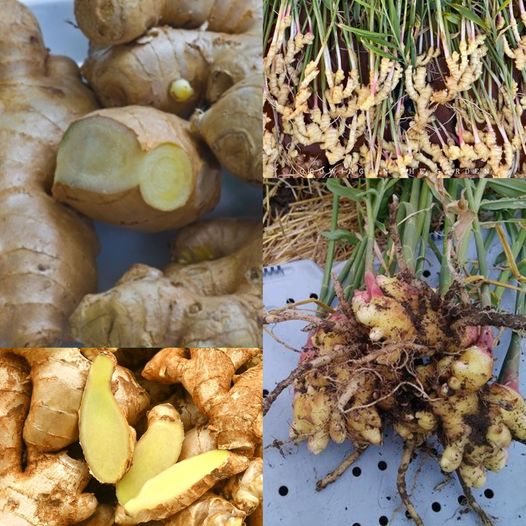ADVERTISEMENT
Ginger, renowned for its myriad health benefits and culinary versatility, is a staple ingredient in many households. However, despite its numerous advantages, there are certain circumstances in which ginger should be approached with caution or avoided altogether. Understanding these important considerations is essential for optimizing health and well-being. Let’s delve into when it’s best to steer clear of ginger:
- Bleeding Disorders: Individuals with bleeding disorders or those taking blood-thinning medications, such as warfarin or aspirin, should exercise caution when consuming ginger. Ginger contains compounds that may enhance blood-thinning effects, potentially increasing the risk of bleeding or bruising. Consultation with a healthcare professional is advisable before incorporating ginger into the diet in such cases.
- Undergoing Surgery: Ginger’s blood-thinning properties may pose risks for individuals undergoing surgery. It is recommended to avoid ginger consumption in the weeks leading up to surgery, as it could interfere with blood clotting and increase the likelihood of excessive bleeding during or after the procedure. Informing your healthcare provider about any ginger supplementation is crucial to ensure safe surgical outcomes.
- Gastrointestinal Issues: While ginger is commonly used to alleviate digestive discomfort, individuals with certain gastrointestinal conditions may experience exacerbation of symptoms. Conditions such as gastroesophageal reflux disease (GERD), ulcers, or inflammatory bowel disease (IBD) may be aggravated by ginger consumption in some cases. Monitoring symptoms and consulting with a healthcare provider can help determine whether ginger is suitable for individuals with gastrointestinal issues.
For Complete Cooking STEPS Please Head On Over To Next Page Or Open button (>) and don’t forget to SHARE with your Facebook friends
ADVERTISEMENT
ADVERTISEMENT
